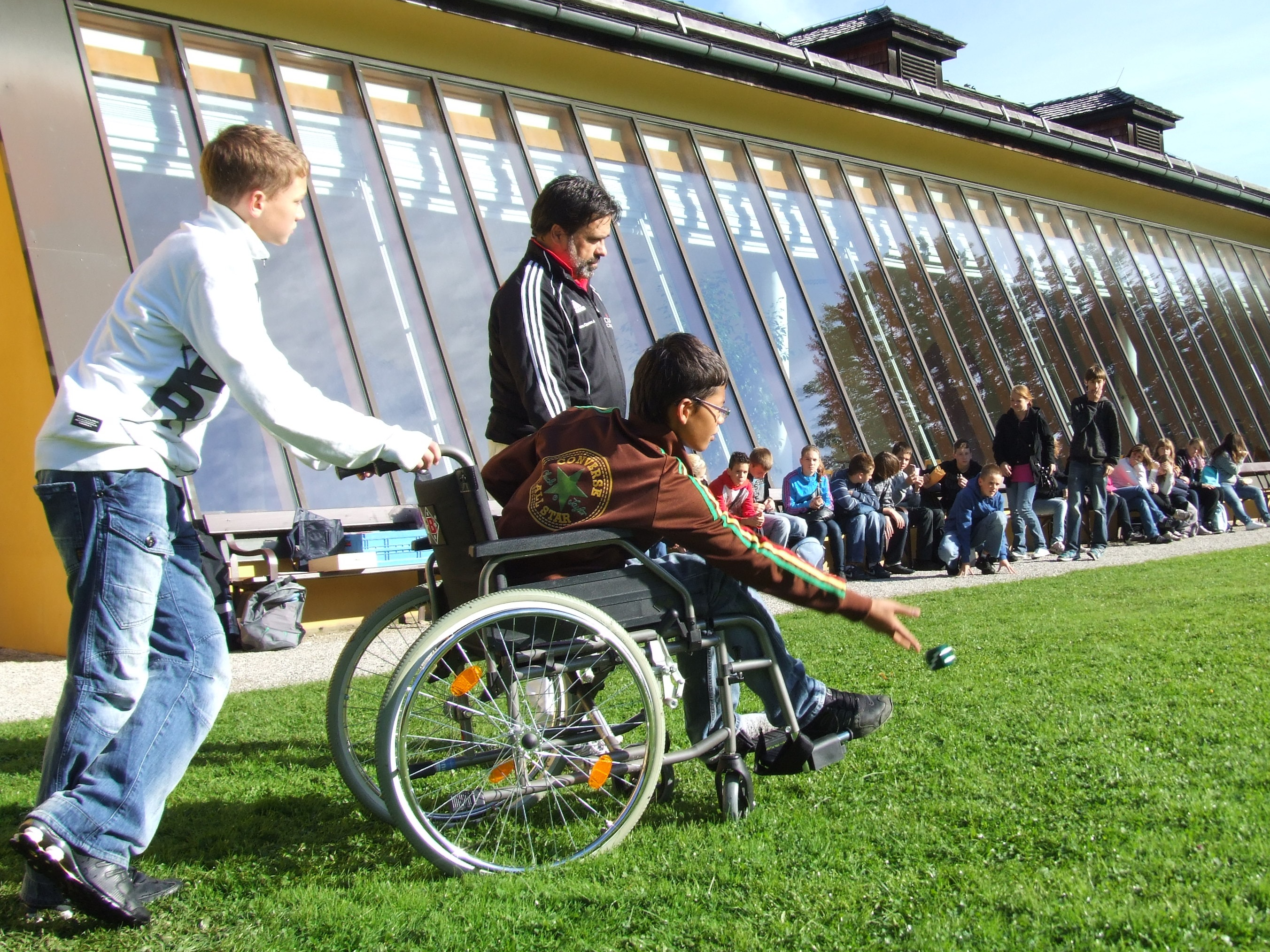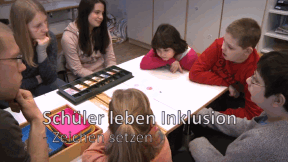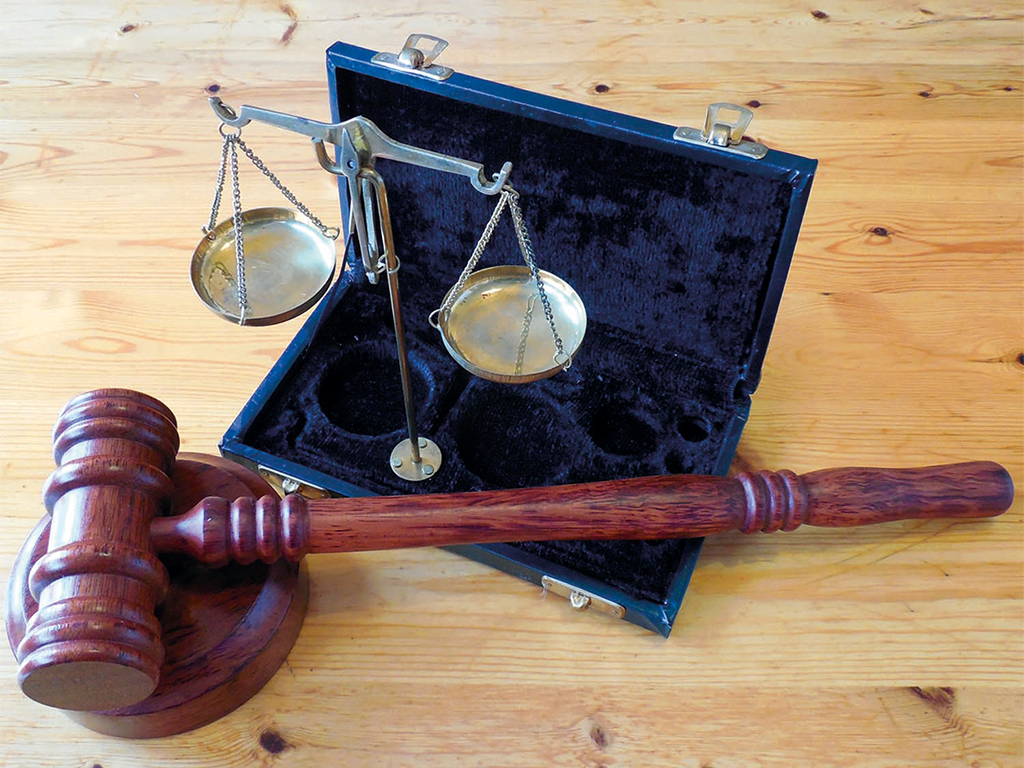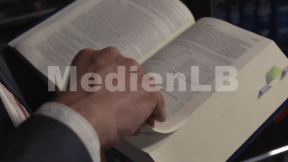 Economy
Economy
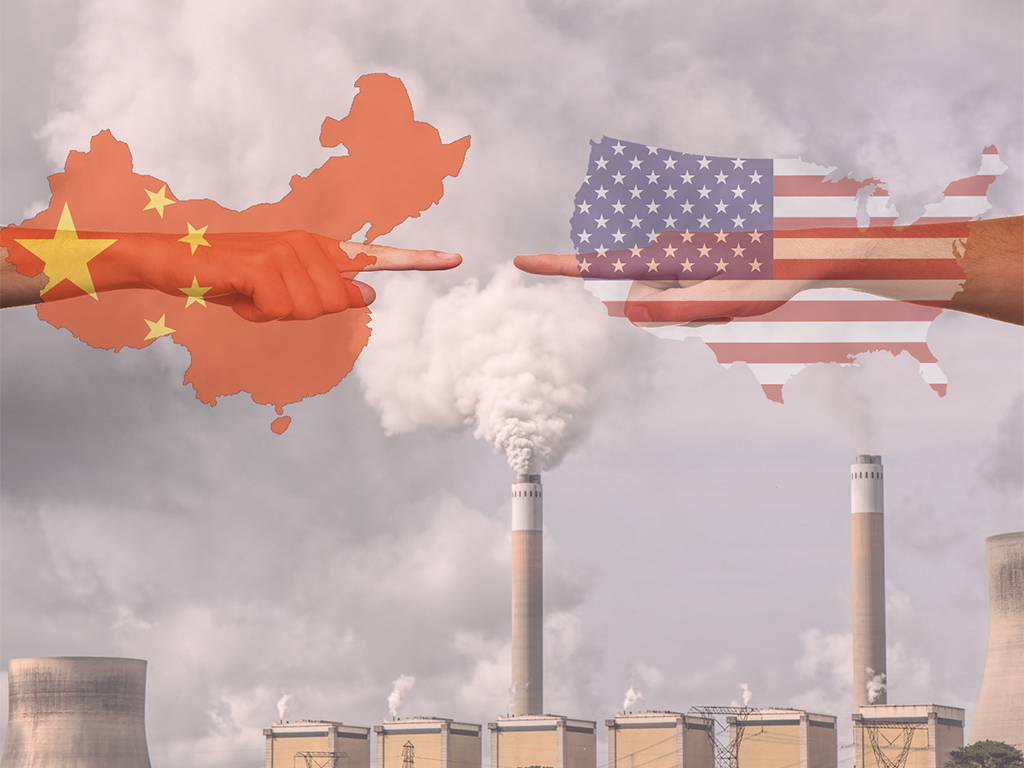
46500904 / 55500660
World Trade
Conditions, Opportunities, Conflicts
Many of the goods we use every day come from foreign countries and have to be imported into Germany. Without a functioning world trade our range of products would be very limited. Often goods are transported over long distances from A to B before we can use them.
Quote Prof. Dr. Gabriel Felbermayr, ifo Institute:
“Basically, countries can trade in all kinds of goods. These are mostly physical commodities, corn, steel or cars, but also services can be traded. From Germany you can import a banking service, City of London for example, or insurance services, or stream a Hollywood film on your computer or laptop. But there are a lot of goods that are non-tradable, for example houses.“
Due to increasing globalisation, that is the networking and development in all sectors worldwide, a smooth exchange of goods and services is very important for a functioning economy.
Quote Prof. Dr. Gabriel Felbermayr, ifo Institute:
“I think we must assume that most countries in the world have different strengths and weaknesses. Germany is good at making cars but we are less good at developing software. It makes sense, therefore, that we specialise in what we can do well, e.g. cars, and leave those things we cannot do so well, such as programming software, to others, for example to the Americans. And then we exchange these commodities. And as we are good at producing cars we are supplied with quite a lot of software by the USA. By specialising on what they can do well, they can consume more goods all in all. That’s the advantage of trade.“
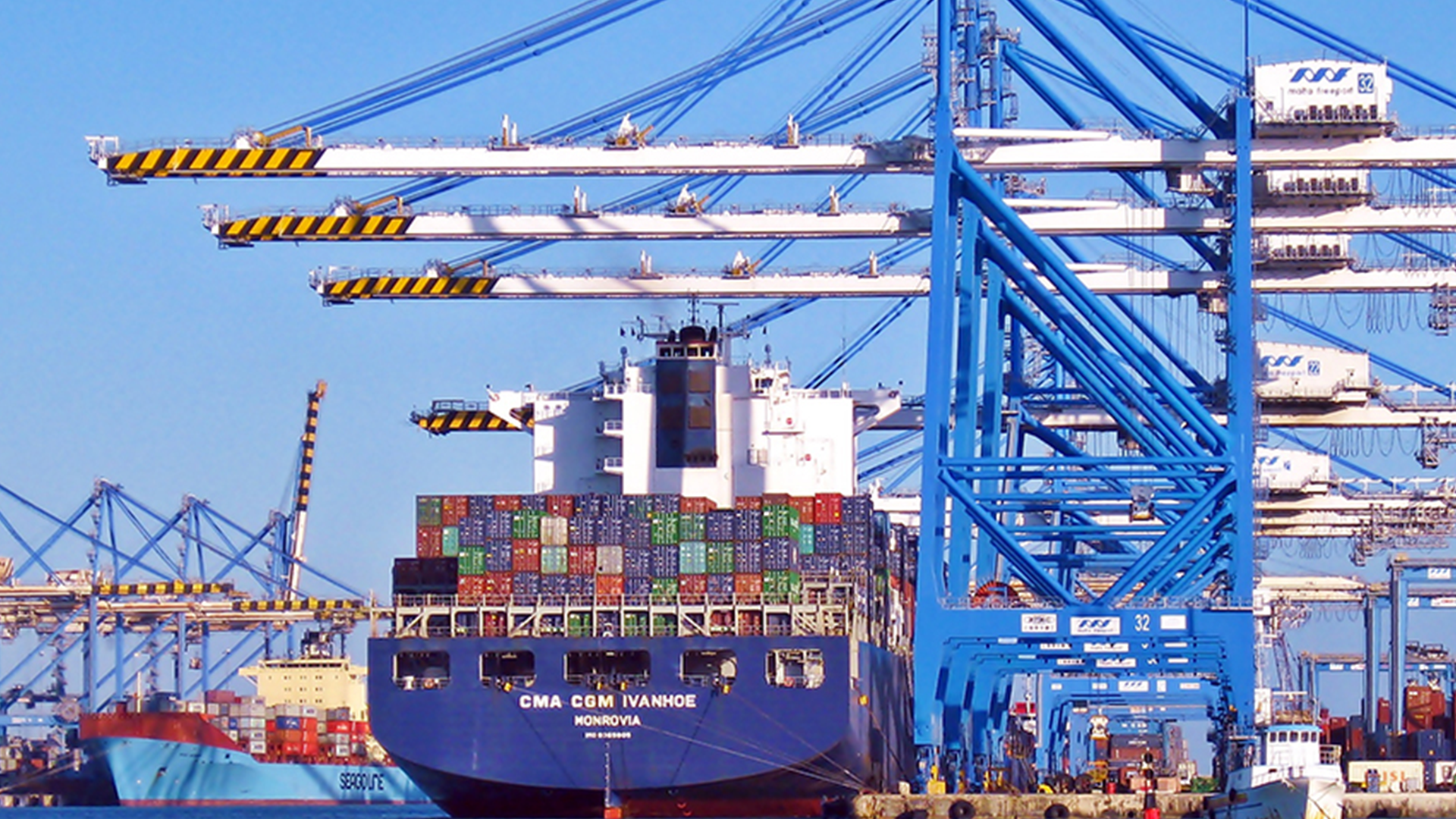
Curriculum-centred and oriented towards educational standards
Matching
Pupils Practise Inclusion
When people come together, no matter under what concomitant circumstances – ultimately, it is about how these people meet and how openly they interact with one another.
Blogging
The weblog or blog, for short, as a medium is not much older than this century. Blogs came into being in the World Wide Web as ’messages from below’, as web pages from web creators who wanted to share their view of the world with the world. They are short notes, long texts, pictures, videos, which are posted loosely and at random intervals to the world for an undefined public.




